
Discover the Charms of Al-Karkh, Baghdad
Al-Karkh is one of the oldest and most vibrant neighborhoods in Baghdad. Situated on the western bank of the Tigris River, it is a place where history and modernity coexist. Known for its rich cultural heritage, Al-Karkh offers a unique glimpse into Baghdad's past and present. Walking through Al-Karkh, visitors can explore ancient markets, traditional tea houses, and stunning mosques. The neighborhood is home to the famous Al-Karkh Mosque, a historic landmark that dates back to the Abbasid era. The narrow streets and alleys are filled with the aroma of delicious Iraqi cuisine, with street vendors offering a taste of local delicacies such as kebabs, falafel, and baklava. Al-Karkh is also known for its lively atmosphere. The area is bustling with activity, especially in the evenings when locals gather to socialize and enjoy the cool breeze from the river. Visitors can experience the warmth and hospitality of the Iraqi people as they immerse themselves in the local culture. Whether you are a history buff, a food lover, or simply looking for an authentic experience, Al-Karkh has something to offer for everyone.
Local tips in Al-Karkh
- Visit the Al-Karkh Mosque early in the morning to avoid the crowds and enjoy a peaceful experience.
- Try the local street food, especially the kebabs and falafel, for an authentic taste of Iraqi cuisine.
- Stroll along the Tigris River in the evening to experience the lively atmosphere and cool breeze.
- Wear comfortable walking shoes as the narrow streets and alleys can be uneven.
- Engage with the locals; they are known for their hospitality and can provide valuable insights into the neighborhood.
Discover the Charms of Al-Karkh, Baghdad
Al-Karkh is one of the oldest and most vibrant neighborhoods in Baghdad. Situated on the western bank of the Tigris River, it is a place where history and modernity coexist. Known for its rich cultural heritage, Al-Karkh offers a unique glimpse into Baghdad's past and present. Walking through Al-Karkh, visitors can explore ancient markets, traditional tea houses, and stunning mosques. The neighborhood is home to the famous Al-Karkh Mosque, a historic landmark that dates back to the Abbasid era. The narrow streets and alleys are filled with the aroma of delicious Iraqi cuisine, with street vendors offering a taste of local delicacies such as kebabs, falafel, and baklava. Al-Karkh is also known for its lively atmosphere. The area is bustling with activity, especially in the evenings when locals gather to socialize and enjoy the cool breeze from the river. Visitors can experience the warmth and hospitality of the Iraqi people as they immerse themselves in the local culture. Whether you are a history buff, a food lover, or simply looking for an authentic experience, Al-Karkh has something to offer for everyone.
Iconic landmarks you can’t miss
Martyr Monument
A poignant Baghdad landmark honoring Iraq's fallen heroes, featuring a stunning turquoise dome and serene memorial grounds.
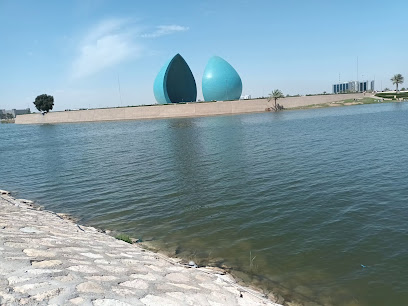
Saving Iraqi Culture Monument
A tribute to Iraq's cultural resilience, the Saving Iraqi Culture Monument stands as a symbol of hope and perseverance in Baghdad.
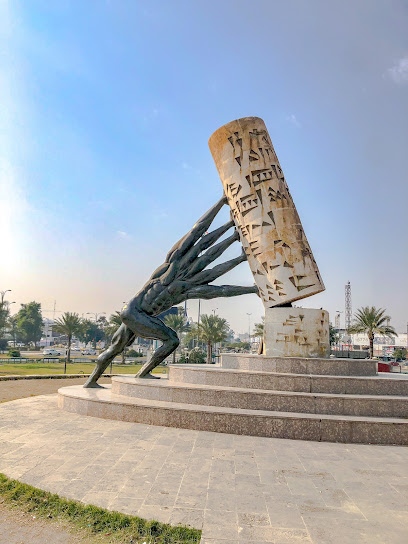
Tahrir Monument
A powerful symbol of Iraq's journey to independence, the Tahrir Monument in Baghdad's Liberation Square commemorates the nation's spirit and heritage.
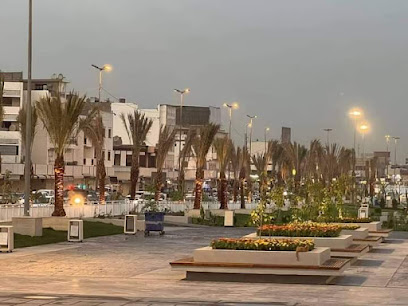
المتنبي مستنصر
Explore Baghdad's Al-Mutanabbi Street: a historic literary hub with bookshops, cafes, and a vibrant cultural scene.
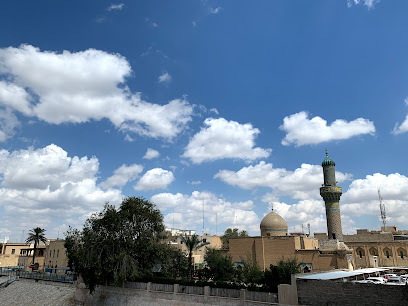
Unknown Soldier Monument
A poignant Baghdad memorial honoring Iraq's fallen soldiers, featuring unique architecture and a museum, symbolizing sacrifice and national pride.
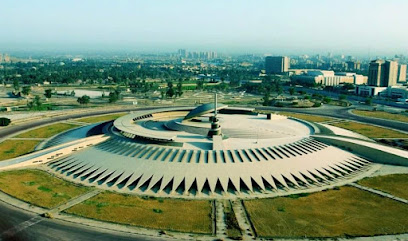
Kahramana statue
A symbol of Baghdad's cultural heritage, the Kahramana statue brings to life a classic tale of bravery and resourcefulness from One Thousand and One Nights.
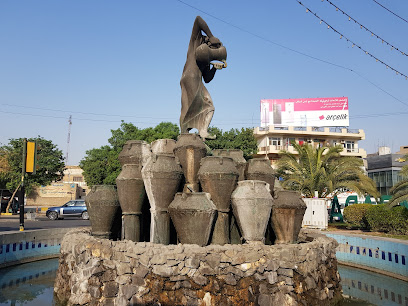
Victory Arch
Discover the Victory Arch in Baghdad, a symbol of Iraq's resilience and a poignant reminder of its rich, complex history. A must-see landmark!
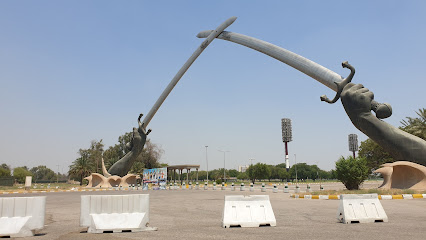
Khan Murjan
Explore Khan Murjan in Baghdad: A historic caravanserai with stunning Islamic architecture, vibrant markets, and traditional Iraqi cuisine.
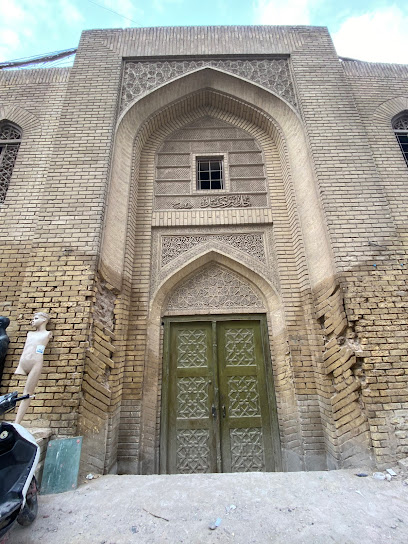
Statue of King Faisal I
Explore the Statue of King Faisal I, a historical landmark in Baghdad, and immerse yourself in Iraq's rich cultural heritage amidst beautiful gardens.
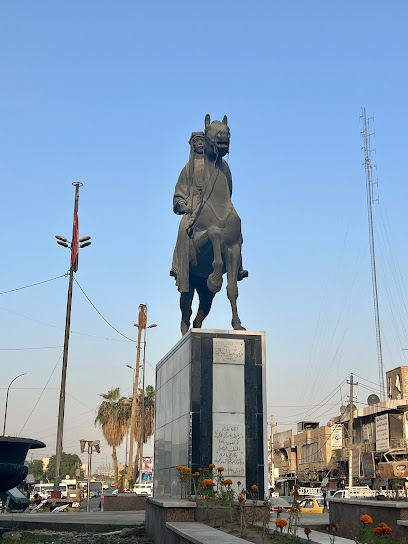
Remains of Talsam gate
Explore the historical Remains of Talsam Gate in Baghdad, a landmark echoing tales of ancient civilization and architectural brilliance.
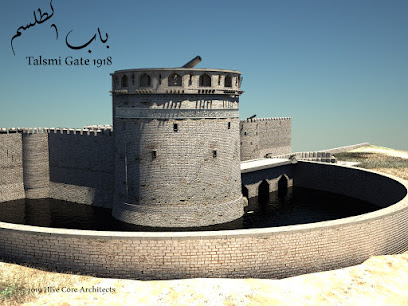
كورنيش الكرخ - cornice of karkh
Escape to Baghdad's كورنيش الكرخ: Scenic riverside hiking with lush greenery, tranquil paths, and stunning Tigris River views.
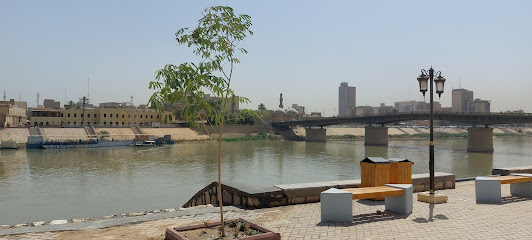
نصب الجرار
A six-meter-tall monument in Baghdad's Al-Alawi district, created by Miran al-Saadi, symbolizing the historical importance of water in Iraqi culture.
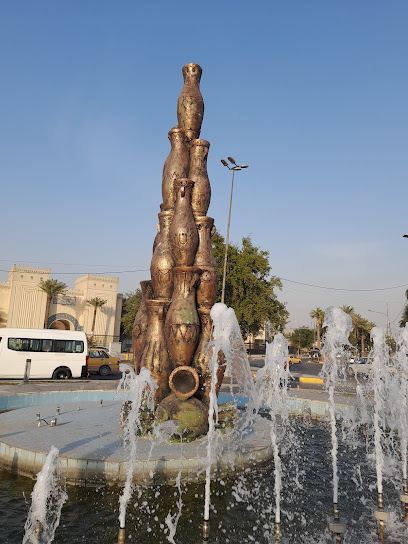
الكرخ القديمة
استكشف الكرخ القديمة في بغداد: أسواق تاريخية، مساجد عريقة، وهندسة معمارية تقليدية ساحرة.
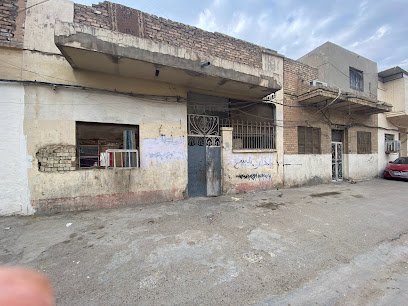
Unmissable attractions to see
Iraqi National Museum
Explore 7,000 years of Mesopotamian history at the Iraq National Museum, home to Sumerian, Babylonian, and Assyrian treasures.
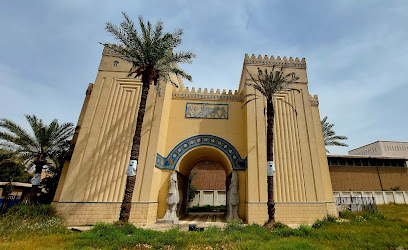
Tahrir Monument
A landmark in Baghdad's Tahrir Square, commemorating Iraq's independence and resilience through art and history.
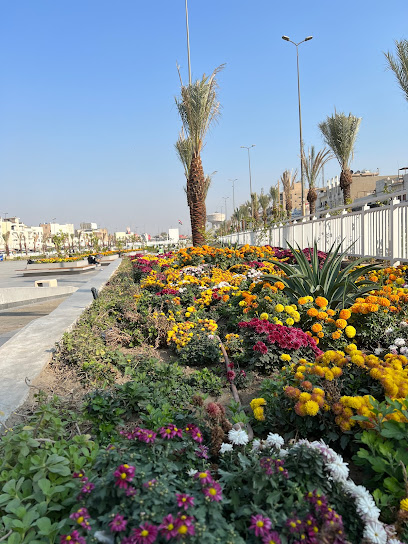
Kahramana statue
A symbol of Baghdad's cultural heritage, the Kahramana statue in Inner Karada depicts a scene from One Thousand and One Nights.
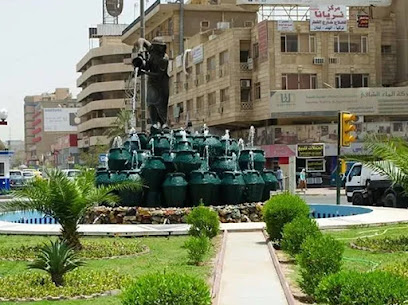
المتنبي
Explore Baghdad's Al-Mutanabbi Street: a historic literary hub with bookshops, cafes, and a vibrant cultural scene in the heart of the city.
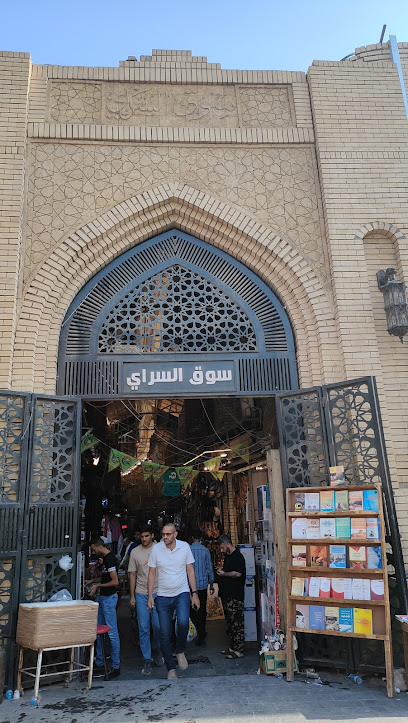
Corniche of the Assyrians
Experience the beauty and culture of Baghdad at the Corniche of the Assyrians, a scenic riverside promenade with historical significance.
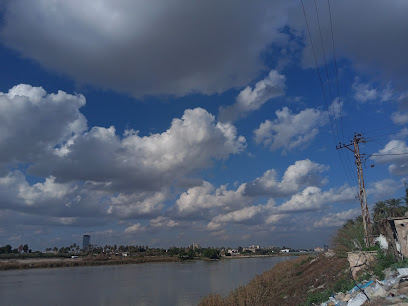
كورنيش الكرخ - cornice of karkh
Discover Baghdad's كورنيش الكرخ: Scenic riverside hiking, cultural insights, and a peaceful escape in the heart of the city.
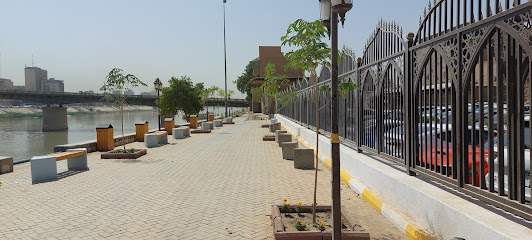
Baghdad Fountain
A bronze depiction of Marjana from 'Ali Baba and the Forty Thieves', symbolizing Baghdad's enduring spirit and cultural richness.

Essential places to dine
مطعم البغدادي، Baghdadi Restaurant
Experience authentic Iraqi cuisine at Baghdadi Restaurant amidst the serene beauty of Abu Nawas Gardens in Baghdad.
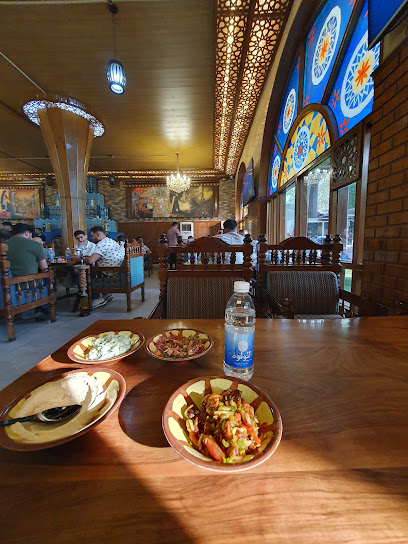
Nur restaurant
Experience authentic Iraqi cuisine at Nur Restaurant, where family-friendly dining meets vibrant cultural ambiance in Baghdad.
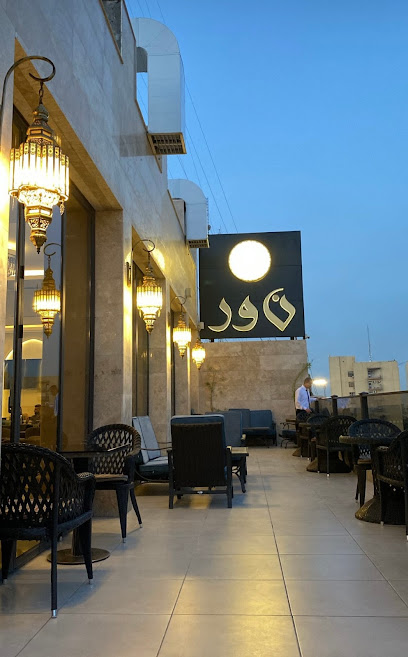
Shanaşil, Baghdad Restaurant
Experience authentic Iraqi barbecue at Shanaşil in Baghdad – where rich flavors meet warm hospitality.
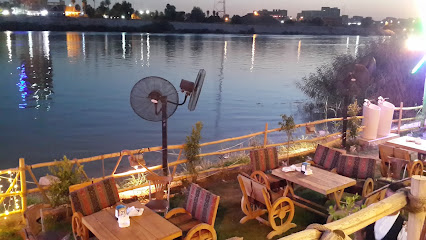
مطعم توتة اكلات شعبية
Discover authentic Iraqi fast food at مطعم توتة اكلات شعبية in Baghdad - a vibrant culinary gem serving delicious local dishes.
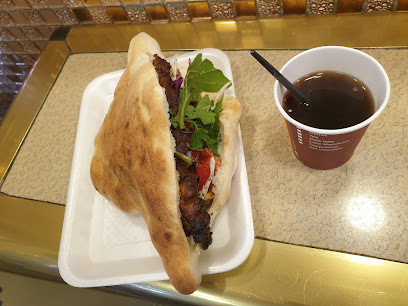
Rukn Al Mandi Restaurant
Experience authentic Middle Eastern cuisine at Rukn Al Mandi Restaurant in Baghdad, where every dish tells a story of rich flavors and traditions.
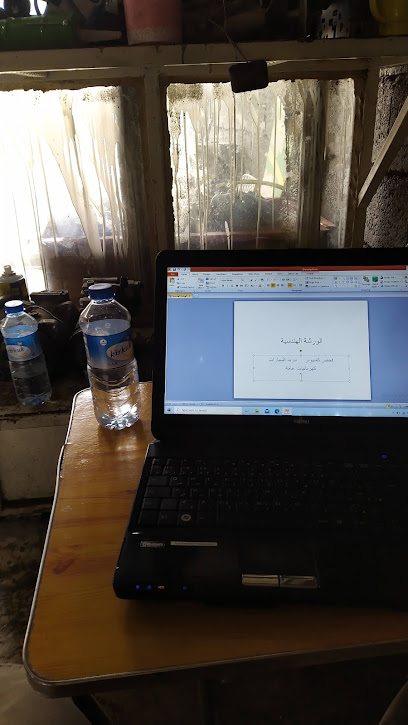
مطعم كص علي لوز
Savor authentic Iraqi fast food flavors at مطعم كص علي لوز in Baghdad - a culinary gem for tourists seeking local delights.
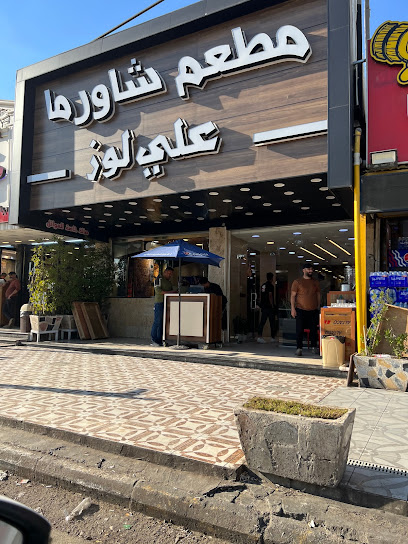
علي السماج
Experience authentic Iraqi cuisine at Ali Al-Samaj in Baghdad – where tradition meets flavor in every dish.
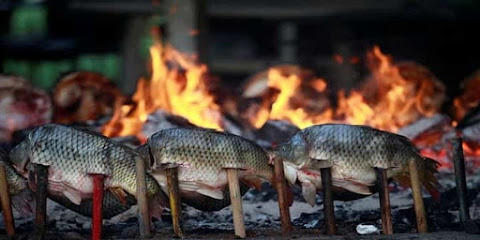
باجة الناصر
Experience authentic Iraqi cuisine at Baja Al-Nasir in Baghdad – where every dish tells a story of rich traditions and vibrant flavors.
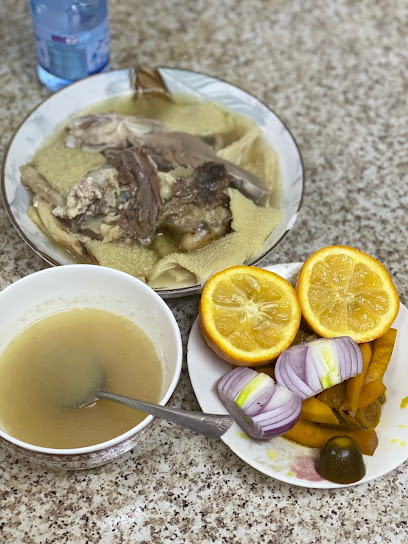
مملوح
Discover Mamlouh in Baghdad: Where Fast Food Meets Local Flavor - A Culinary Experience You Can't Miss!
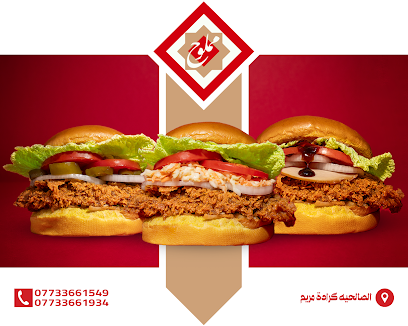
Hazhan restaurant
Discover authentic Iraqi flavors at Hazhan Restaurant in Baghdad - a family-friendly haven for food lovers.

Markets, malls and hidden boutiques
Alkoukh Wears Market
Discover unique treasures and vibrant culture at Alkoukh Wears Market, Baghdad's premier destination for home goods and local craftsmanship.
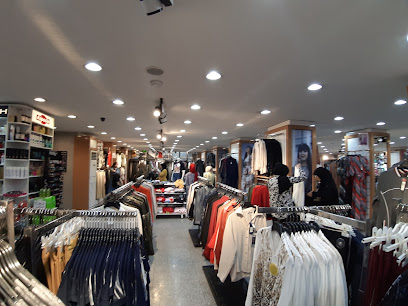
محل صباح
Discover the charm of Iraq's heritage at محل صباح, a premier antique store in Baghdad, filled with unique treasures and rich history.
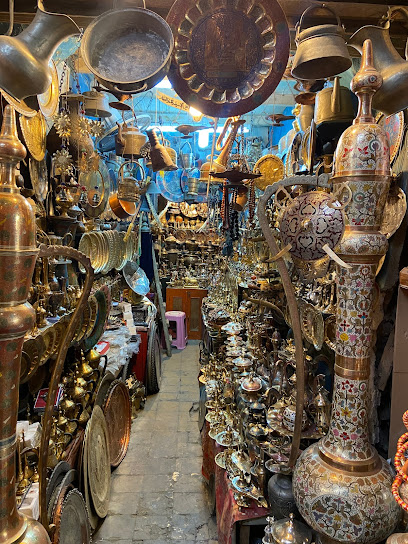
الدرويش بازار
Explore الدرويش بازار in Baghdad for unique gifts and a taste of local craftsmanship, capturing the essence of Iraqi culture in every piece.
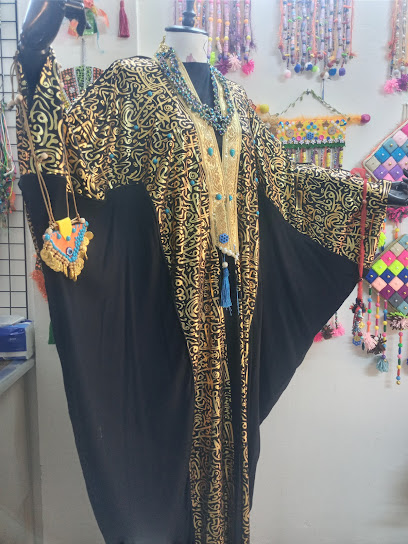
Shopping Shop - Baghdad Mall
Explore the latest fashion trends at Shopping Shop in Baghdad Mall, a must-visit destination for style enthusiasts.

المستنفس مال علي ومحمد وعباس واخرون
Experience the excitement of beach entertainment and local culture at المستنفس مال علي ومحمد وعباس واخرون, a must-visit destination for every tourist.

الجوهرة ستايل
Discover unique local crafts and souvenirs at الجوهرة ستايل, a vibrant store celebrating the region's rich heritage.
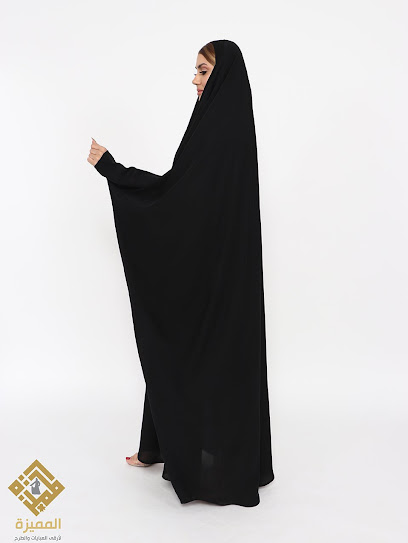
نوفا ستور Nova Store
Explore the vibrant fashion scene at Nova Store, where local styles meet modern trends in an inviting shopping experience.
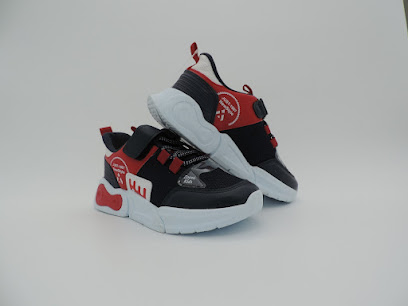
Deniz Fashion
Discover unique styles at Deniz Fashion, a top clothing store in Baghdad offering a blend of contemporary and traditional fashion.

Genie collection
Explore Genie Collection: A Perfume Store Offering Unique Fragrances and Cultural Essence of Iraq in Every Bottle.

Baghdad, Iraq
Discover Baghdad's literary treasures at a charming book store that embodies the rich cultural tapestry of Iraq's capital.
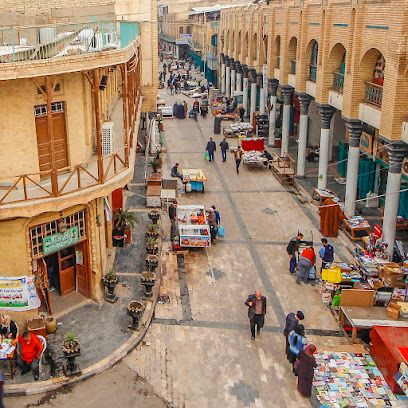
Essential bars & hidden hideouts
Alqosh Bar
Experience the vibrant nightlife of Baghdad at Alqosh Bar, where local culture meets exquisite flavors in a lively atmosphere.
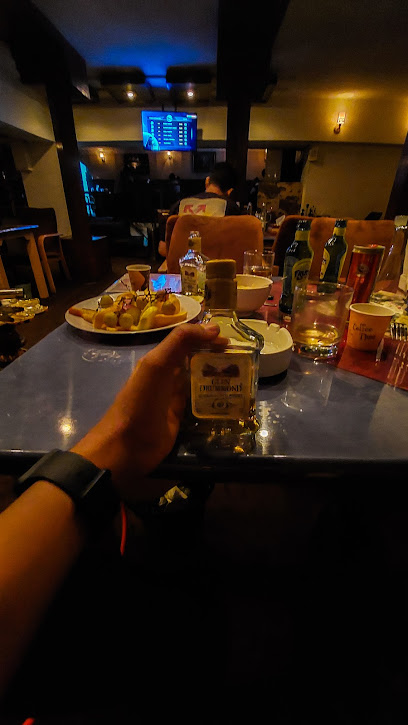
Solo bar
Discover the lively atmosphere and exceptional drinks at Solo Bar, a must-visit nightlife destination in Baghdad, Iraq.
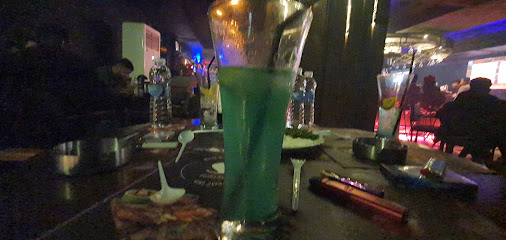
مطعم و بار الموعد
Discover the lively atmosphere and diverse drink offerings at مطعم و بار الموعد, a top choice for nightlife in Baghdad.
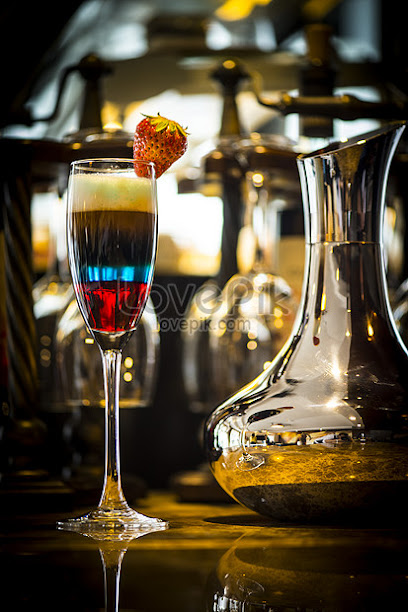
Mazen store
Experience the lively atmosphere and diverse drink offerings at Mazen Store, Baghdad's vibrant bar in the heart of the city.

مخزن مشروبات الفهد
Experience the vibrant nightlife of Baghdad at مخزن مشروبات الفهد, where local charm and lively atmosphere meet.

كعدة مرتبة
Discover the vibrant atmosphere of Kada Murtafa, a bar in Baghdad where local culture meets a lively nightlife experience.

باب العراق الثالث
Discover the vibrant nightlife of Baghdad at باب العراق الثالث, where traditional and modern experiences blend seamlessly in a lively bar atmosphere.

Non 1
Experience the lively bar scene of Baghdad, where tradition meets modern nightlife in a welcoming atmosphere.

مربعه
Discover the heartbeat of Baghdad nightlife at مربعة, a lively bar offering drinks, music, and a taste of local culture.

بغداد
Experience the vibrant nightlife of Baghdad at its local bars, where tradition meets modernity amidst a rich cultural backdrop.

Local Phrases
-
- Helloمرحبا
[marhaba] - Goodbyeوداعا
[wadaea] - Yesنعم
[naam] - Noلا
[laa] - Please/You're welcomeمن فضلك
[min fadlik] - Thank youشكرا
[shukran] - Excuse me/Sorryعذرا
[aathiraa] - How are you?كيف حالك؟
[kayfa haluk?] - Fine. And you?بخير. وأنت؟
[bikhayr. wa ant?] - Do you speak English?هل تتكلم الإنجليزية؟
[hal tatakallam al'injlizia?] - I don't understandأنا لا أفهم
[ana la afham]
- Helloمرحبا
-
- I'd like to see the menu, pleaseأريد أن أرى القائمة، من فضلك
[uridu an ara alqaimah, min fadlik] - I don't eat meatأنا لا أأكل اللحم
[ana la aakul allahm] - Cheers!في صحتك!
[fi sahtak!] - I would like to pay, pleaseأريد أن أدفع، من فضلك
[uridu an adfaa, min fadlik]
- I'd like to see the menu, pleaseأريد أن أرى القائمة، من فضلك
-
- Help!النجدة!
[alnajdah!] - Go away!انصرف!
[anserif!] - Call the Police!اتصل بالشرطة!
[itassil bialshurta!] - Call a doctor!اتصل بطبيب!
[itassil bitalib!] - I'm lostلقد ضللت الطريق
[laqad dalalt altariq] - I'm illأنا مريض
[ana mareed]
- Help!النجدة!
-
- I'd like to buy...أريد شراء...
[uridu shira...] - I'm just lookingأنا أتفرج فقط
[ana atafaraj faqat] - How much is it?كم هو ثمنه؟
[kam huwa thamanuh?] - That's too expensiveهذا غالي جدا
[hatha ghali jiddan] - Can you lower the price?هل يمكنك خفض السعر؟
[hal yumkinuk khafd alsaeer?]
- I'd like to buy...أريد شراء...
-
- What time is it?كم الساعة؟
[kam alsaae?] - It's one o'clockالساعة الواحدة
[alsaae alwahidah] - Half past (10)العاشرة والنصف
[alashirah walnisf] - Morningالصباح
[alsabah] - Afternoonالظهر
[aldhuhur] - Eveningالمساء
[almasa] - Yesterdayالبارحة
[albarihah] - Todayاليوم
[alyawm] - Tomorrowغدا
[ghadan] - 1واحد
[wahid] - 2اثنان
[ithnan] - 3ثلاثة
[thalathah] - 4أربعة
[arbaah] - 5خمسة
[khamsah] - 6ستة
[sittah] - 7سبعة
[sabah] - 8ثمانية
[thamania] - 9تسعة
[tisah] - 10عشرة
[asharah]
- What time is it?كم الساعة؟
-
- Where's a/the...?أين ...؟
[ayn ...?] - What's the address?ما هو العنوان؟
[ma huwa al'uenan?] - Can you show me (on the map)?هل يمكنك أن تريني (على الخريطة)؟
[hal yumkinuk an tarini (ealaa alkhariata)?] - When's the next (bus)?متى القادم (الحافلة)؟
[mata alqadim (alhafilah)?] - A ticket (to ....)تذكرة (إلى ....)
[tazkirah (ila ....)]
- Where's a/the...?أين ...؟
History of Al-Karkh
-
Al-Karkh, one of the oldest neighborhoods in Baghdad, gained prominence during the Abbasid Caliphate (750-1258 AD). Founded in 762 AD by Caliph Al-Mansur, Al-Karkh was strategically located across the Tigris River from the original city. This area became a thriving center of administration, culture, and trade, playing a crucial role in the Golden Age of Islam.
-
Throughout the medieval period, Al-Karkh became a melting pot of cultures, housing scholars, poets, and merchants from various backgrounds. The neighborhood was home to renowned intellectuals and artists, contributing to Baghdad's reputation as a global center of knowledge and innovation. The famed House of Wisdom, although located in the main city, influenced the cultural life of Al-Karkh.
-
The Mongol invasion in 1258 marked a devastating turning point for Al-Karkh and Baghdad as a whole. The city's destruction led to a significant decline in its population and infrastructure. However, Al-Karkh's resilience allowed it to gradually recover and maintain its cultural significance in the region.
-
During the Ottoman Empire (1517-1917), Al-Karkh saw significant urban development and architectural advancements. The Ottomans constructed numerous mosques, schools, and public buildings, many of which still stand today. This period enriched the neighborhood's cultural landscape, blending Ottoman and local styles that characterize much of Baghdad's historic architecture.
-
In the 20th century, Al-Karkh faced numerous challenges, including political instability and conflict. Despite these difficulties, the community has shown remarkable resilience. Efforts to restore historic sites and promote cultural heritage have gained momentum, as residents and local organizations work to preserve the rich history of Al-Karkh amid ongoing changes in Baghdad.
Al-Karkh Essentials
-
Al-Karkh is easily accessible from various neighborhoods in Baghdad, including Kadhimiyah and Al-Mansour. Taxis are the most common mode of transportation, with rides typically costing between 5,000 to 10,000 IQD depending on the distance. Public buses also connect Al-Karkh to other areas, but they may be less frequent. For a more adventurous option, consider using a motorcycle taxi, which can navigate through traffic more easily.
-
Within Al-Karkh, taxis are the most efficient way to get around. The area is relatively compact, and walking is feasible for short distances. While public transportation options like buses do exist, they may not be as reliable. Bicycles can be rented in some parts, but be mindful of traffic conditions. Always negotiate taxi fares before starting your journey.
-
While Al-Karkh is generally safe, it is advisable to exercise caution, particularly in less crowded areas. Avoid walking alone at night and keep your belongings secure. Be particularly vigilant in places such as Al-Kadhimayn, as petty crime can occur. Always remain aware of your surroundings and try to blend in with local customs to avoid drawing attention.
-
In case of an emergency, the local police can be contacted at 104, and for medical emergencies, it is advisable to reach out to the nearest hospital or clinic. It is essential to have travel insurance that covers emergencies. Familiarize yourself with the locations of nearby hospitals and embassies for assistance.
-
Fashion: Do dress conservatively; women should wear long sleeves and skirts or trousers, while men should avoid shorts. Religion: Do respect religious practices; dress modestly when entering mosques. Public Transport: Do offer your seat to the elderly and women; don't engage in loud conversations. Greetings: Do greet with a handshake and a smile; don't use overly casual language. Eating & Drinking: Do try local dishes and accept invitations to share meals; don't eat or drink in public during Ramadan.
-
To experience Al-Karkh like a local, visit the bustling markets, particularly the Al-Karkh market, where you can find fresh produce and traditional goods. Engage with local vendors, as they often share stories and insights about their products. Try local restaurants for authentic Iraqi cuisine, and don't miss the chance to enjoy a cup of chai at a local tea shop. Learning a few basic Arabic phrases can enhance your interactions with locals.
-
Understanding local customs is key to enjoying your visit. Always remove your shoes when entering someone's home or a mosque. During religious events, be respectful and avoid taking photographs without permission. It's also customary to greet people with a phrase like 'Salam Alaikum' (Peace be upon you).
-
Ensure you have all necessary vaccinations before traveling to Iraq. Carry a basic first-aid kit and any personal medications, as pharmacies may have limited stock. Drink bottled water to avoid stomach issues, and be cautious with street food. Always wash your hands before meals and after using public facilities.
Nearby Cities to Al-Karkh
-
Things To Do in Karbala
-
Things To Do in Najaf
-
Things To Do in Kirkuk
-
Things To Do in Sulaymaniyah
-
Things To Do in Amara
-
Things To Do in Erbil
-
Things To Do in Mosul
-
Things To Do in Arar
-
Things To Do in Dohuk
-
Things To Do in Basra
-
Things To Do in Jahra
-
Things To Do in Kuwait City
-
Things To Do in Sakakah
-
Things To Do in Hawalli
-
Things To Do in Farwaniya






